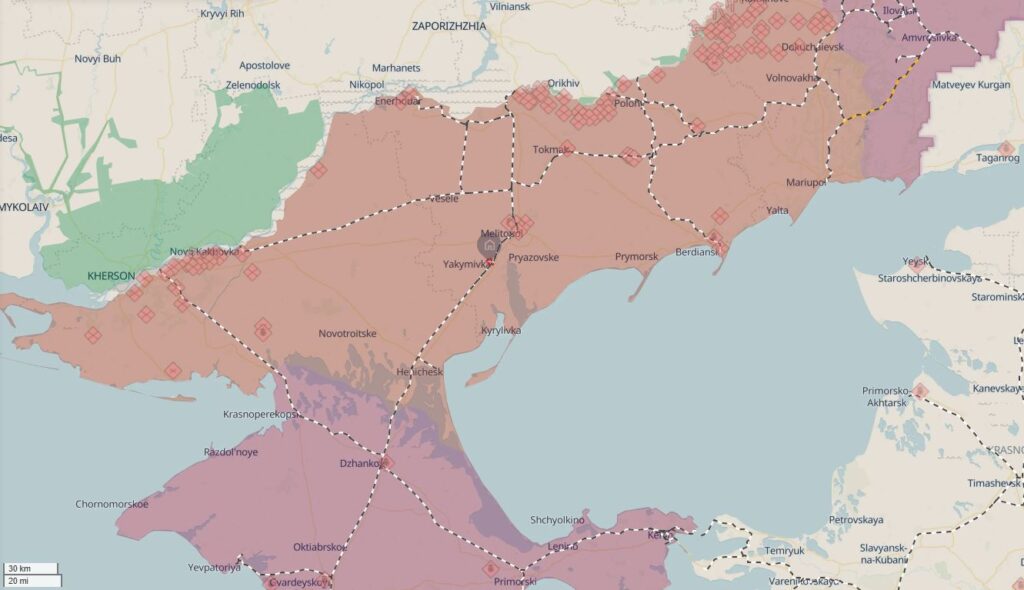Ukrainian AI-powered drones prompt world’s largest long-haul carrier to reconsider flights to Russia

Ukrainian drones struck Russian airfields, prompting international airlines to reconsider continuing operations in Russia.
The world’s largest long-haul carrier, Emirates, says it plans to review its flights to Russia. This decision comes amid Ukrainian drone attacks on Russian soil, which have caused flight cancellations and route changes, according to company president Tim Clark, Bloomberg reports.
He adds that the airline does not currently plan to reduce the number of flights but will monitor the situation closely.
“This latest event was a little more worrying. As things get a little bit more acute, if I can use that word, we’ll be reviewing all of this,” Clark notes.
Clark also reveals that Emirates has developed “ironclad” contingency plans, including carrying enough fuel for pilots to exit Russian airspace or avoid landing near Moscow if necessary.
Emirates and Turkish low-cost carrier Pegasus remain among the few foreign airlines still flying to Russia, while others abandoned this market after 24 February 2022.
Earlier, Oleh Katkov, editor-in-chief of Defense Express, said that Russia has no way to replace the aircraft it lost in the Operation Web. Among the lost jets, the Tu-160 supersonic missile carriers, developed during the Soviet era, are especially valuable.
Russia cannot produce new Tu-160s or Tu-95s — only repair Soviet-era ones, says expert after Ukraine’s historic Spiderweb operation
He noted that Russia has only about 18 of them left, and not a single one was built from scratch after the Soviet Union collapsed.
